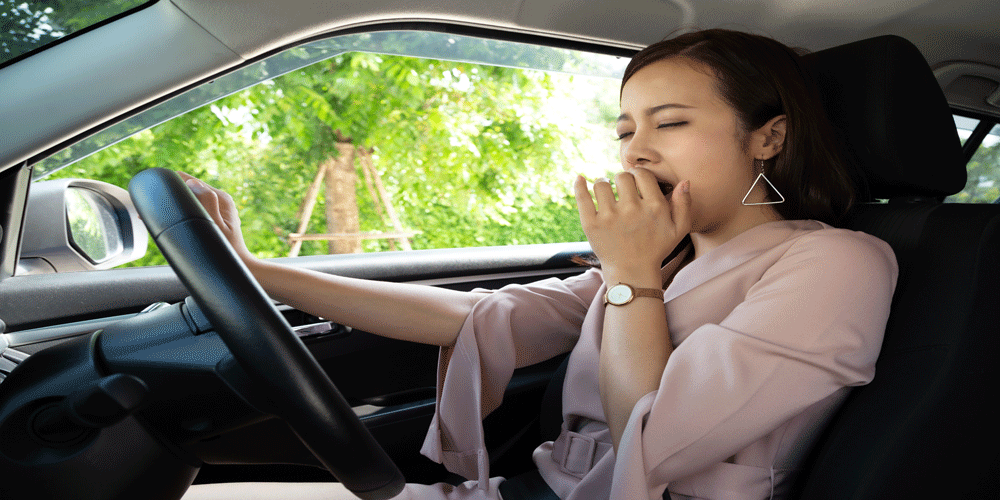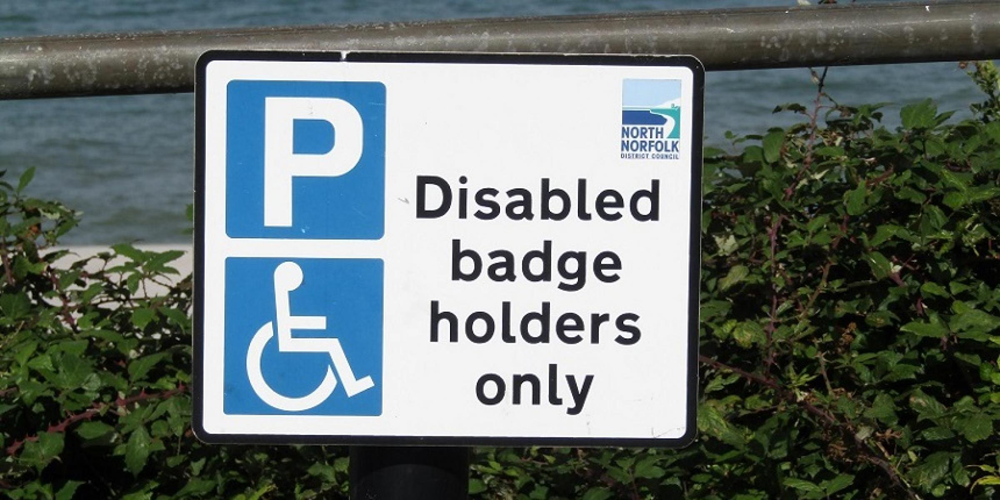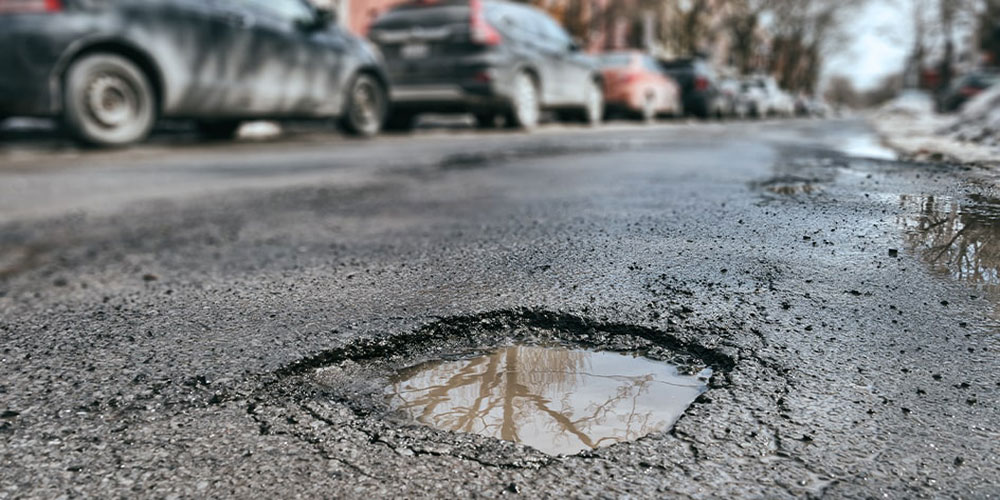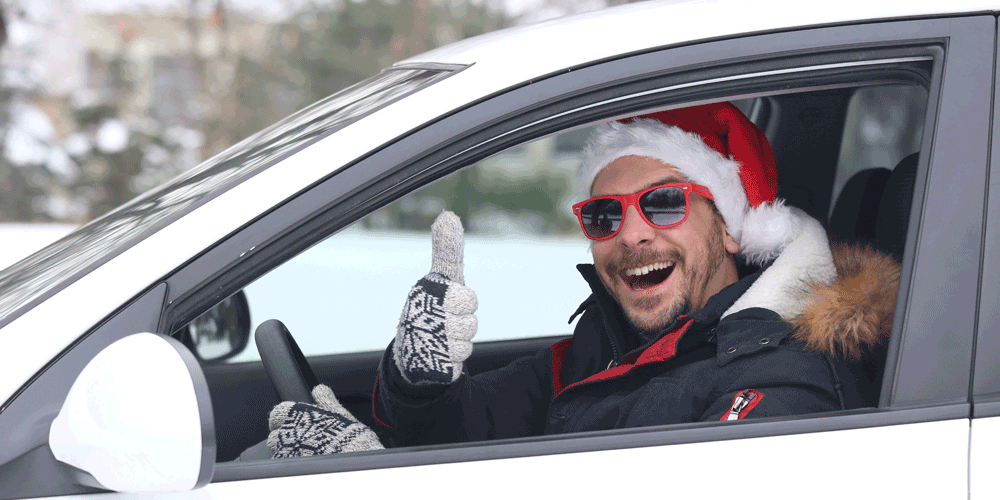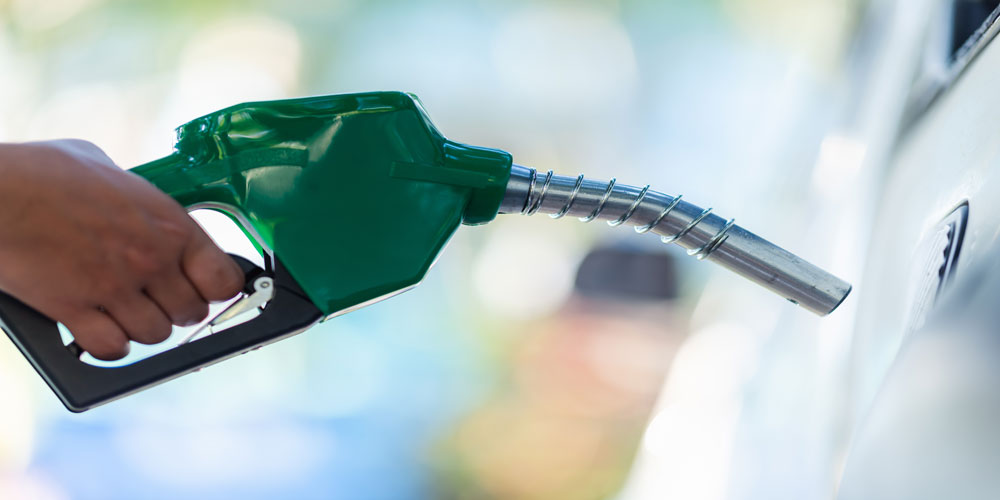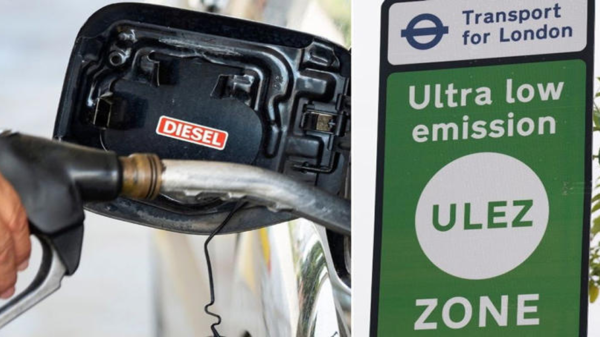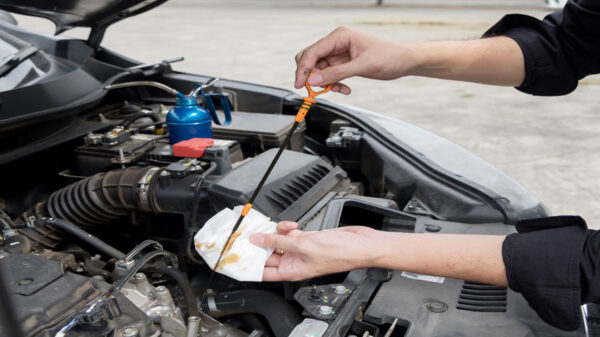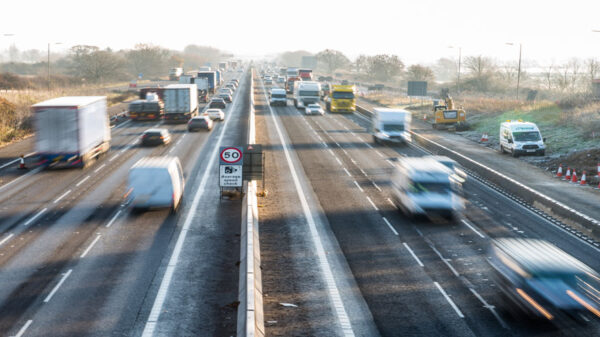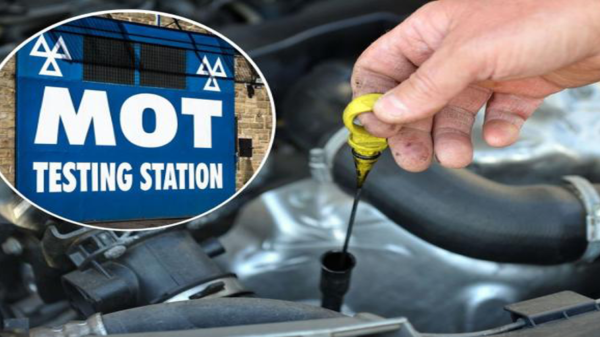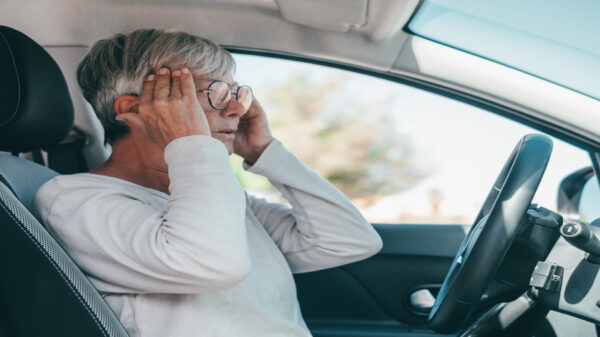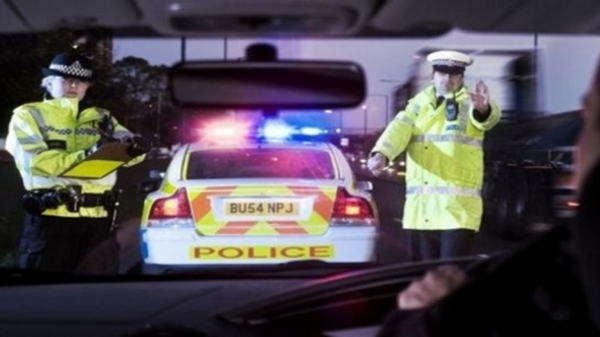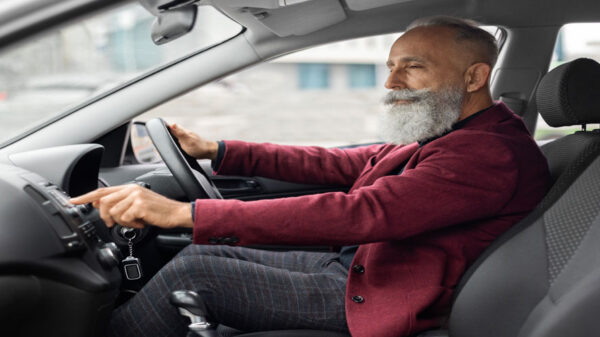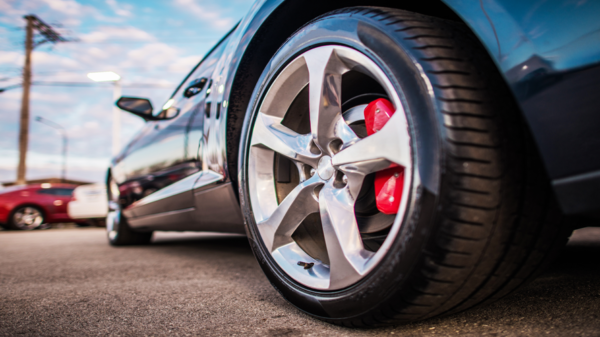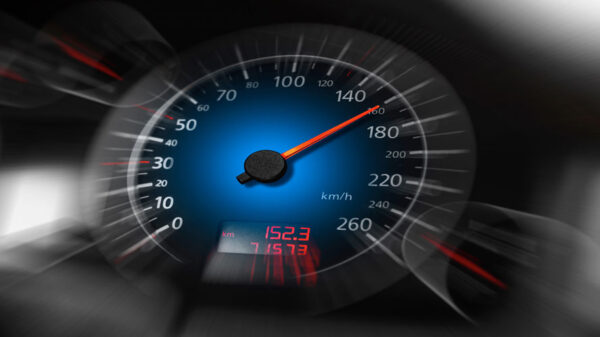New research has shown that breathalyser-style technology could be introduced by police in the next five years to see if drivers are too sleepy to drive. These on-the-spot tests by roadside officers would be able to check whether they are too tired to be on the road.
Specialist researchers in Australia are carrying out tests and believe that blood tests could be ready even quicker to see if people are not suitable to drive. This raises the prospect of drivers who are taken to a police station or hospital after a crash being tested for sleep deprivation at the same time as for drink and drug driving.
A recent report road safety charity, IAM RoadSmart, revealed the strain that drug-driving is putting on A&E departments across the UK. Both drug and drink driving has the common side effect of tiredness.
According to road safety charity Brake, 20% of all accidents are fatigue related. Also, one in eight drivers admitted to falling asleep at the wheel.
Although in its early stages, there is growing support for the plans. The study is being funded by the Office of Road Safety, Australia’s equivalent to the Department for Transport (DfT) here in Britain.
Professor Clare Anderson, an Associate Professor of Psychology from Monash University, who is working on the study, told The Guardian: “When you look at the major killers on the road, alcohol is one of them, speeding is another, and fatigue is one of them. But even though the solution to fatigue is quite simple, which is to get more sleep, our capacity to manage it is impaired. This is because we don’t have tools to be able to monitor it like we do with alcohol.”
Fellow researcher Professor Shantha Rajaratnam, also of Monash University, told the Guardian: “With the right investment to be able to scale this, I reckon that within five years we will be able to implement these biomarker-based tests.”
Ministers are not currently looking to implement the proposed technology in Britain, however, DfT stated that it will ‘always note new ideas to make our roads safer’.
Currently, there are no laws in place that are related to the impact of drivers that are too tired to drive safely.
Sonya Hurt, chief executive of the Road Safety Trust, said: “Driver fatigue is a significant and serious issue. Government statistics show in 2021, 467 people were either killed or seriously injured in collisions where fatigue was noted as a contributory factor. Therefore, any work to reduce the impact of sleep deprivation is welcome as we strive to improve road safety and save lives.”
Despite no laws directly relating to tiredness, anyone who kills while driving can be charged with death by dangerous driving or death by careless driving.
With the introduction of this technology – once proven accurate – could help legislate against tired drivers who have caused crashes in the future.
An official threshold to indicate tiredness or the minimum sleep that a driver requires would need to be written into law.
The tests in Australia have found five biomarkers in blood that can detect whether somebody has been awake for 24 hours or longer. Although preliminary, this method is already said to be up to 90% accurate in real-world settings. Further research over the next few years will need to be studied before this can be implemented.


